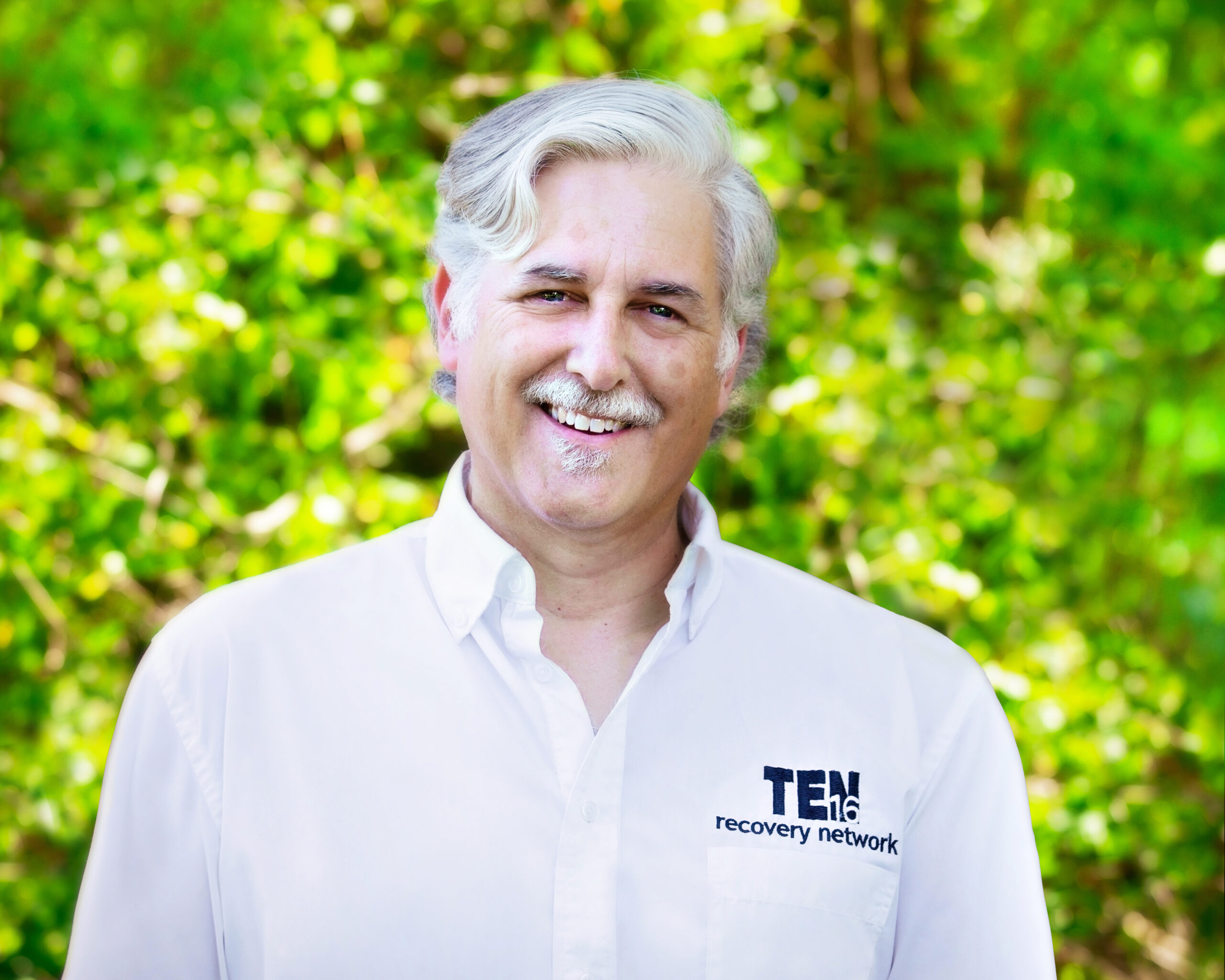The concepts of pacing and diligence apply directly to recovery and self-improvement. What else can we learn from marathon runners as we find our own path to freedom?

Do you how a sprinter trains for a race? They sprint! They focus on getting to their goal – the finish line – as quickly as possible. They use all their physical and mental resources to achieve their goal as quickly as possible.
If you have watched top-level sprinters on television, you can see the intensity in their faces. They are hell-bent on staying one stride ahead of whoever is next to them. Their muscles flex, veins pump with blood, and eyes are fixed ahead. They do not let up for a second. Tiny mistakes have giant consequences in a sprint race – there is very little margin for error.
What about running a marathon?
Have you ever watched a marathon? I’d imagine that’s hard to do. A marathon is typically 26.2 miles and it would be difficult to watch every single runner during the entire race.
First of all, the marathon course covers an enormous amount of ground. Secondly, there are usually dozens – if not hundreds or thousands – of people involved. Keeping up with every single one of them would be next to impossible.
MARATHON RUNNERS HAVE AN INTERESTING SET OF SKILLS, AND YOU CAN AS WELL:
- They know their strengths and weaknesses
- They know how to pace themselves in order to conserve energy
- They set small goals along the way
- They do not focus on beating the person next to them
- They are masters of their own minds and bodies and know without doubt that the mind controls the body
Most have mastered the “inner game” of distance running – they understand that failure happens in the mind first and in the body second.
Marathon runners know that they can only be as good as the food they use to fuel their bodies.
They have a level of dedication unlike most “common” runners. Marathoners may train for months on end for a single race.
RUNNING IN THE RECOVERY MARATHON.
I love the concept of distance running. It parallels recovery in so many ways. Though I’ve never personally ran a marathon, I have several close friends that do so often. What’s so cool about a marathon is the idea of progress.
A sprinter can see the finish line. They can visually lock their eyes on their goal and give every ounce of their energy towards crossing the finish line first. It’s an all-out, no holds barred battle to get across the finish line. A marathon runner can’t see the finish line. They can’t even see the entire course. They must constantly monitor their heart rate, breathing, hydration levels and pay attention to what their bodies are telling them. They have to deal with changes in roach surface, weather, elevation, and topography.
I’ve been told that it takes great amounts of self-restraint to conserve energy when the body just wants to go.
THE MARATHONER IS A MASTER OF PACING AND DILIGENCE. YOU SHOULD BE, TOO.
The concepts of pacing and diligence apply directly to recovery and self-improvement. These two little words can have a dramatic impact on how you see success, failure and goal setting. Let’s think of pacing as steady and consistent effort. And diligence as a careful and persistent work.
Think about this:
1. What are some long-term goals you have?
- For your recovery
- For your health
- Financially
- With work
- For your spiritual life
- For your emotional well-being
- For leisure
- Other______________________________________________
2. What areas of your life could you adjust to start working toward these goals?
3. What kinds of activities are you most likely to procrastinate about?
4. What are the things that take priority in your life today? (Remember that what is truly important to someone is demonstrated through action.)
5. What would your life be like if you DID NOT begin to work toward these goals?
6. What COULD your life be like if you DID begin to work on these goals (using pacing and diligence)?
The concepts of pacing and diligence apply to everything in life. My Grandfather used to tell me, “Son, you can’t rush quality!” and boy was he right. Good things in life take time to accomplish.
Things that come too quickly or easily never last.
A MARATHON AND THE 12-STEP PROGRAM ARE VERY MUCH THE SAME.
I know that I will never reach my goal of being recovered – I can just keep making good choices; working the steps each and every day and trusting God. The longer I am in recovery, the better my life gets. The closer I become to God, the more I depend on Him to provide what I need.
The less time I spend focusing on problems, the fewer problems I have. I learned all of this through 12-step programs. I learned to be patient and to NOT pray for what I WANT, but for what GOD WANTS FOR ME.
All this took and still takes lots of time. I’m okay with that. I’ve learned that things will happen in my life when I am prepared for them to happen. Not before or after. Just when the time is right. I make progress. Sometimes it feels like I’m standing still because the speed of my progress does not fit my expectations. This is when the marathon of life becomes a sprint and things start to go wrong. When I start sprinting instead of pacing myself, I run out of steam. I get frustrated and make mistakes. My life becomes unbalanced.
I must remember to slow down and remember that pacing and diligence are the things that will bring me to where I am meant to be, wherever that is. I am not concerned about the finish line. I just want to keep making progress. As long as I am making progress, I’m in the race. I’m growing, getting stronger, and learning God’s will for me along the way.
Take some time and review the questions in this reading. If you’re feeling really adventurous, take out a pen and paper (or your smart phone) and answer the questions like you would in a journal. Be as specific and thorough as you would like to be.
A great way to open up the mind is to journal without borders (meaning that you are not stopping to re-read what you’ve written, checking for spelling errors, etc. You just write).
 Contact
Contact FAQs
FAQs




